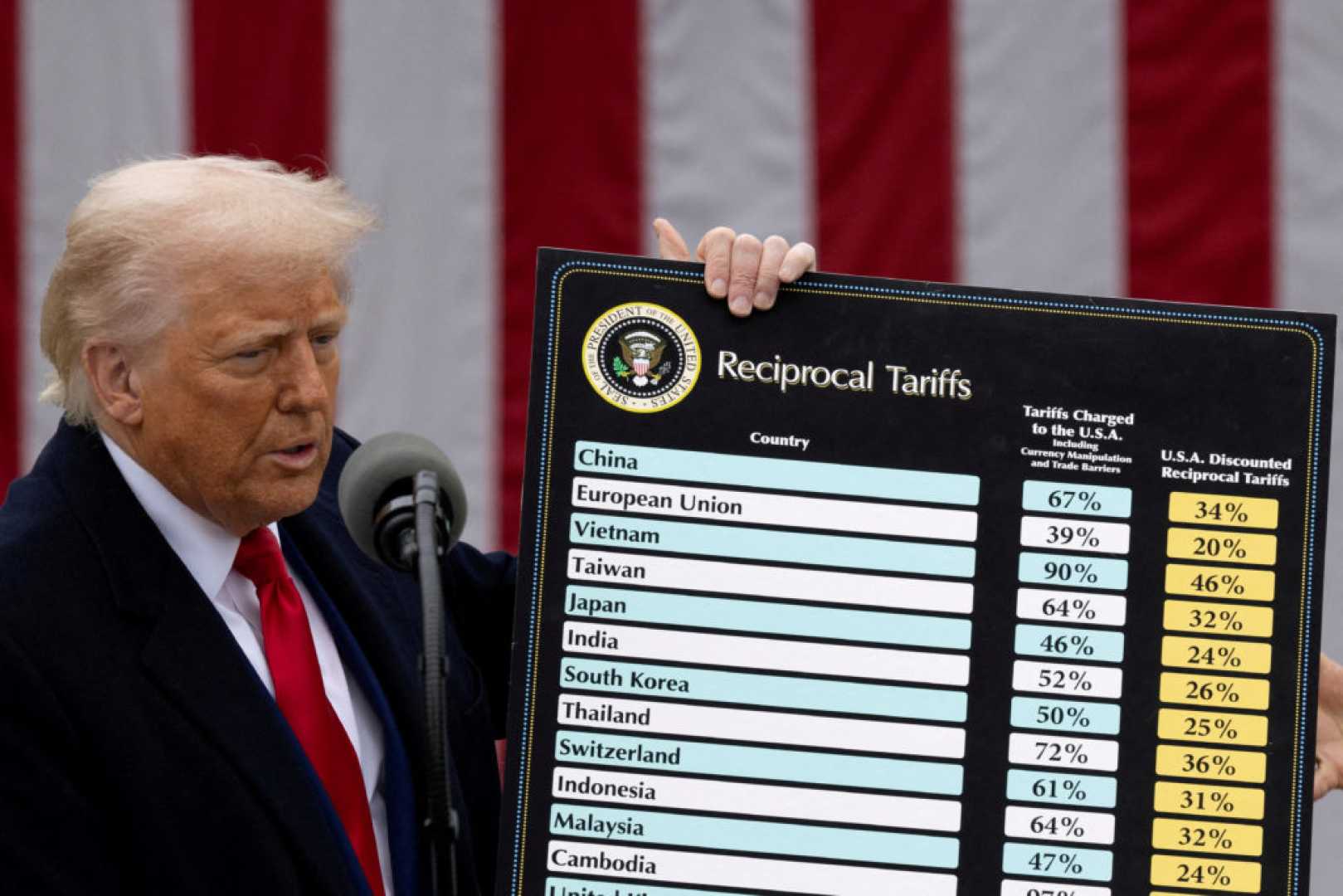Business
Countries Respond to Trump’s New Tariffs Ahead of August Deadline

WASHINGTON (AP) — President Donald Trump signed an executive order on Thursday evening that will impose new tariffs on various U.S. trading partners starting on Aug. 7. The move is part of his ongoing trade agenda, which aims to reshape global economic alliances.
The new tariffs, which range up to 41%, come after several days of negotiations where the White House announced agreements with multiple nations just ahead of a self-imposed deadline. The tariffs are meant to encourage other countries to reduce barriers against U.S. exports while also boosting domestic manufacturing.
Beginning Friday, a 35% tariff will be imposed on goods imported from Canada. Trump cited a lack of cooperation in combating the trafficking of illicit drugs as rationale for the increase, which is a significant rise from the previous rate of 25%. Canada was notably absent from the list of countries with reduced tariffs announced on Thursday.
Thailand‘s Finance Minister, Pichai Chunhavajira, expressed optimism about the new 19% tariff on Thai exports, a significant drop from the previous rate of 36%. He stated this adjustment would help maintain Thailand’s competitiveness in the global market. Meanwhile, Pakistan welcomed its adjusted tariff rate of 19%, which is lower than the previously threatened 29% rate.
Norwegian officials, continuously in discussions with the U.S., expressed a desire for zero tariffs, hoping to eliminate the newly set 15% tariff. Meanwhile, Swiss authorities expressed disappointment after tariffs rose to 39%, highlighting the nation’s constructive efforts in prior negotiations.
Trump has extended negotiations with Mexico for an additional 90 days after a phone call with President Claudia Sheinbaum, allowing for the avoidance of immediate increases from 25% to 30% tariffs on Mexican goods. Conversely, the situation has left Canada and other nations bracing for heightened economic strain from pending tariffs.
Trade relations have also shifted with countries like Cambodia, which now faces a rate of 19%, previously as high as 49%. Deputy Prime Minister Sun Chanthol thanked Trump for the reduction and announced plans to purchase Boeing aircraft as part of their trade structure.
The new tariffs come after a previous backlash following earlier tariff announcements, which had sent the stock market into a panic. Trump’s latest actions indicate a complex balancing act between economic strategy and international diplomacy.
As countries scramble to either negotiate terms or prepare for new tariffs, the future of global trade relations remains uncertain amid the backdrop of ongoing strategic talks.












